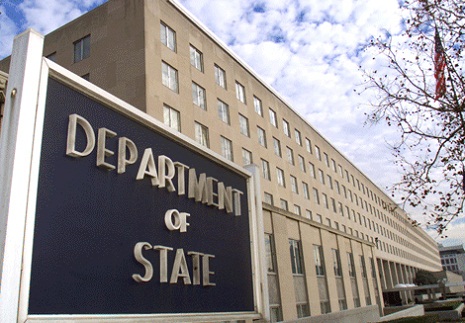“But to expand the region’s potential as a trade corridor, countries in the region must work together to limit border delays and reduce transportation costs,” Hoagland said. “We see the construction and expansion of port facilities in Kazakhstan and Turkmenistan mirrored across the Caspian Sea in Azerbaijan. New rail lines linking Kazakhstan and Turkmenistan have come at the same time as the development of the Baku-Tbilisi-Kars railway.”
The Baku-Tbilisi-Kars (BTK) railway is planned to be commissioned in 2015. The peak capacity of the corridor will be 17 million metric tons of cargo per year. This figure will be at the level of one million passengers and 6.5 million metric tons of cargo at the initial stage.
Touching upon the role of Russia, Hoagland said that it will continue to be a major economic force in the region.
“At the same time, Central Asian states are best placed to decide for themselves how to further their economic development, expand their trade ties, and deepen their integration with global markets,” he said.
The expansion of the Eurasian Economic Union should not come at the expense of the ability of countries in the region to fulfill their existing international commitments, he said.
“The United States will continue to support efforts for greater regional economic connectivity,” said Hoagland. “Today’s focus on Central Asia’s links to the Caspian, the Caucasus, Turkey, Europe and beyond is important for not only the United States, but - more importantly - for the future of the countries in the region.”
More about:














































